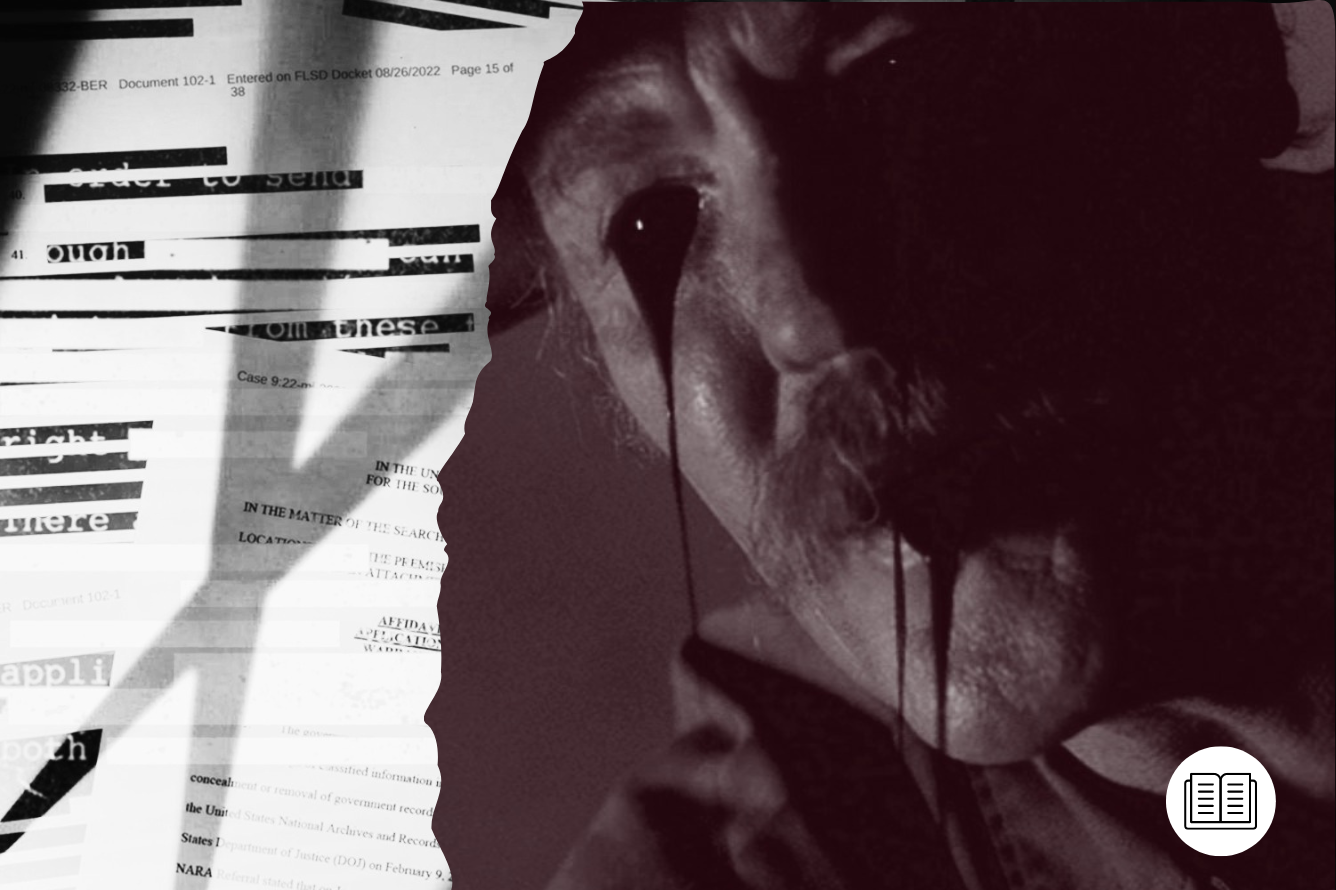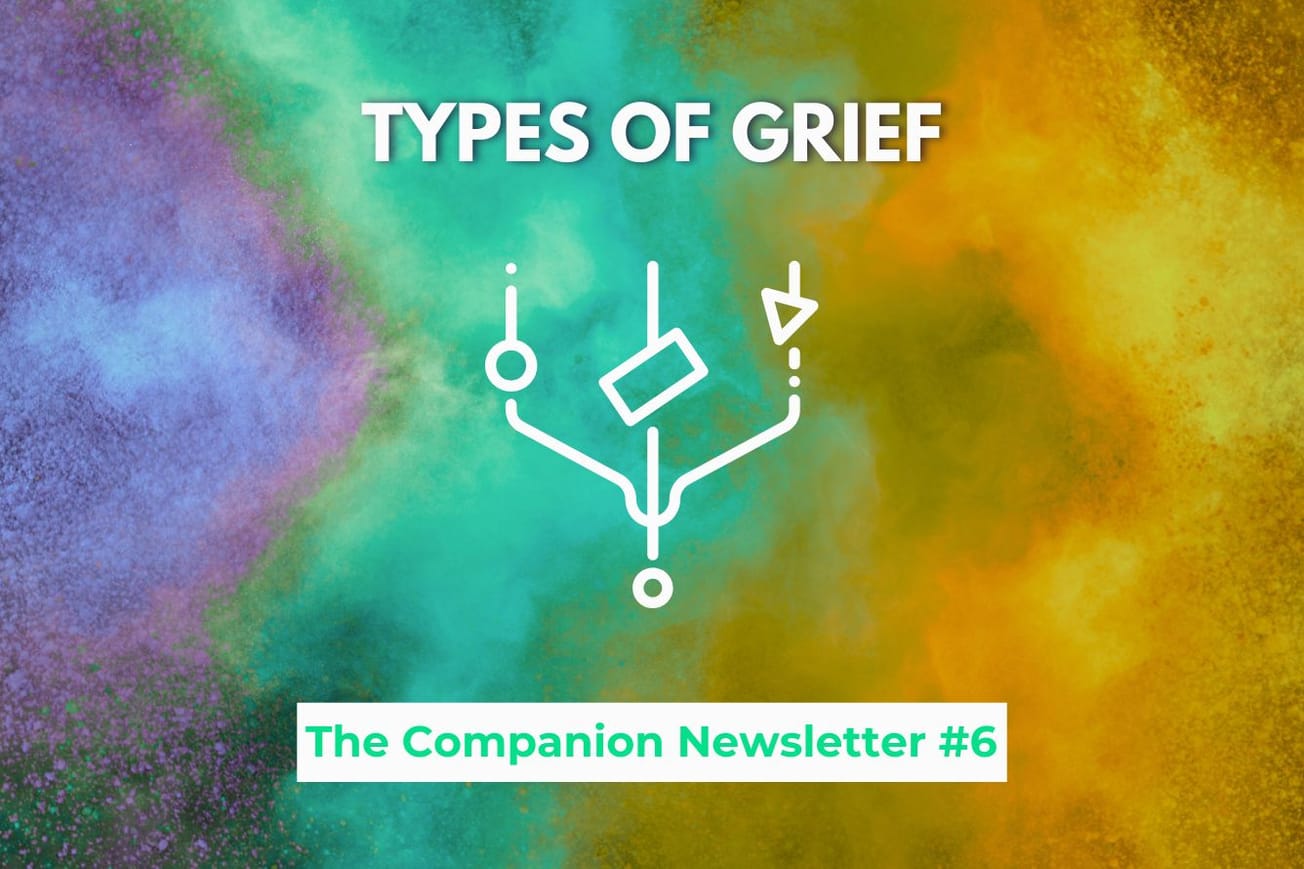In 1787, the celebrated English poet William Blake included within a text called ‘Songs of Experience’ a poem called ‘The Tyger’, the opening stanza of which read:
Tyger Tyger, burning bright,
In the forests of the night;
What immortal hand or eye,
Could frame thy fearful symmetry?
Blake was writing about the natural world and the confluence between it and the nature of divinity. He questions who, or what, was responsible for such a wild animal as the tiger and interrogates the importance of man’s understanding of the world around him through the existence of such a creature. The X-Files borrows the last two words of his stanza, ‘fearful symmetry’, for an episode that itself interrogates nature, a higher power, and man’s ability to comprehend in the face of staggering catastrophe.
The natural world and The X-Files are frequent bedfellows. Chris Carter’s series takes place within an often wild, untamed America, one hiding not just dark secrets but mysteries and enigmas of evolution – mutated ‘monsters’ such as Eugene Victor Tooms, teenagers juiced up by the environment like Darren Peter Oswald, the list goes on. Yet what of nature itself? Animal life has its own space within the mythology of the series, often one of warning and portent.
Frequently, we see animal life on The X-Files as an extension of the same kind of unknowable sense of human development. ‘The Jersey Devil’ (S1, Ep5) provides an early example, of a cat-like urban myth with ancestral lineage to primitive human life. ‘Shapes’ (S1, Ep19) presents the tried and tested lycanthrope transformation of man into savage wolf. Episodes such as ‘Red Museum’ (S2, Ep10) or ‘Teso Dos Bichos’ (S3, Ep18) present animals as hallucinatory visions or tools of arcane mysticism – take the horror imagery of screeching cats or a toilet bowl festooned with rats of the latter.
Regularly, The X-Files presents animals akin to alien life – terrifying and beyond reason.
Animal Rights Activism in ‘Fearful Symmetry’
‘Fearful Symmetry’ (S2, Ep18) combines both of those elements and presents them in a different manner with a distinct ecological message underpinning the episode. Despite a rather goofy cold open, in which what turns out to be an invisible elephant stomps through a town and kills a road worker by stamping them to death, the episode provides Mulder (David Duchovny) and Scully (Gillian Anderson) with a case that eschews their traditional investigative routine. They are present as FBI representatives for a death that would at the most be certified with an open verdict; a tragic accident with a few strange twists. There is no savage animal on the loose.

Said elephant turns out to be Ganesha, a 5,000-pound Indian female who inexplicably disappeared from her pen at Fairfield Zoo only to appear before a truck, after her rampage, in the middle of town hours later. She is named, of course, after one of the most widely worshipped and best-known gods within the Hindu pantheon, represented famously in scripture with an elephantine head. Crucially, Ganesha in myth is said to not just have been a patron of arts and science, and a totem of good fortune, but also a deity of great intellect and wisdom. Ganesha the elephant, therefore, is representative of a higher order.
Very swiftly, ‘Fearful Symmetry’ establishes numerous characters who inhabit distinct natural and conservationist spaces around the zoo. There is Ed Meacham (Jack Rader), an old-fashioned wrangler who has little time for evolving practices regarding animal care. Willa Ambrose (Jayne Atkinson) provides a direct link between human and animal as a ‘naturalist’ with a deep connection to the animal central to the episode, a gorilla named Sophie, who she is fighting custody over with the Malawi government. And there is Kyle Lang (Lance Guest), the extremist animal rights activist, part of the Wild Again Organisation, a group that campaigns against the captivity of any animal.

The so-called W.A.O. is designed very clearly to evoke groups such as PETA (People for the Ethical Treatment of Animals), as Darren Mooney discusses in Opening the X-Files: A Critical History of the Original Series (2017):
Although animal rights movements (like PETA) had existed and garnered attention during the ’70s and into the ’80s, these organizations really engaged with the mainstream into the ’90s. In the United Kingdom, the number of vegetarians “peaked” in the ’90s, undoubtedly assisted by various meat scares. The Independent named animal liberator Peter Singer as its first “thinker of the ’90s.”
Animal rights were becoming a mainstream part of Western discourse to a degree never before seen, away from cult groups and directly into people’s homes. Families were now encouraged to donate for the protection and security of animals in Africa, a far cry from the days men would stride across the African veldt taking great beasts as hunting trophies; indeed, heading into the 21st century, social media actively excoriates any wealthy individuals who take pride in hunting animal life. Kyle himself suggests the Malawis fighting to take Sophie away are guilty of latent abuse:
“This is a perfect example of man’s imperialism over the animal kingdom – this craven impulse to turn animals into objects for our own selfish pleasure.”









